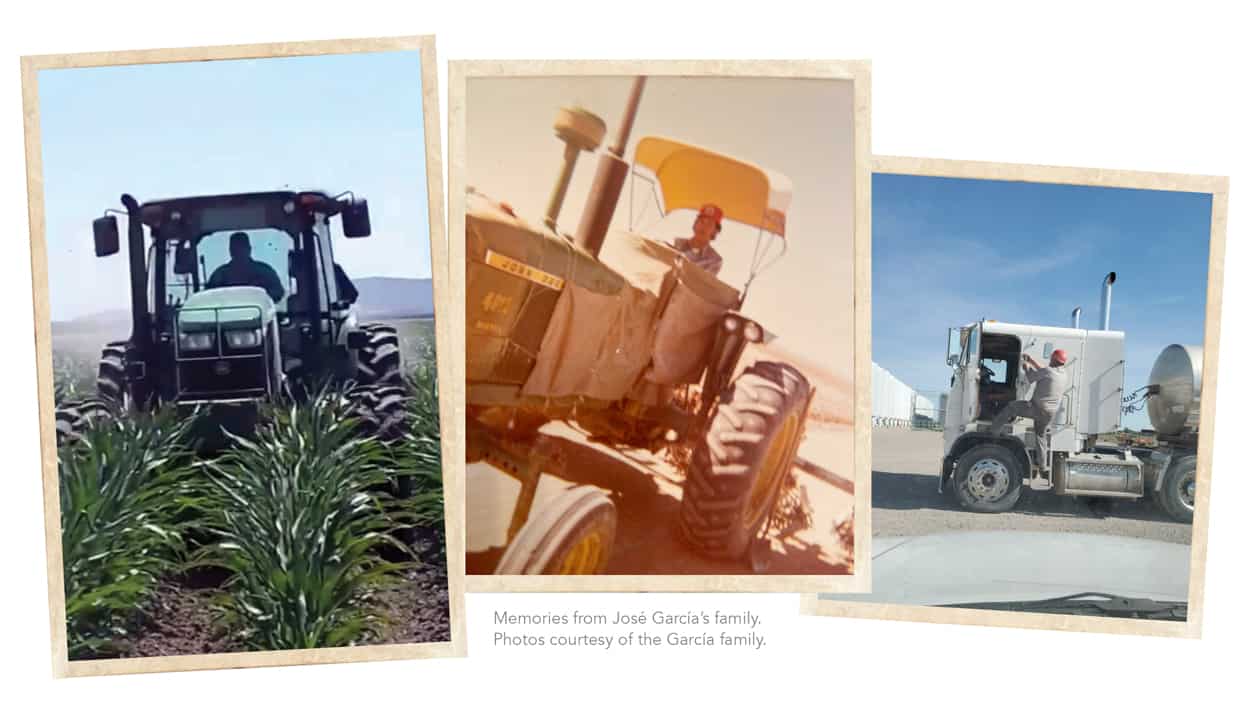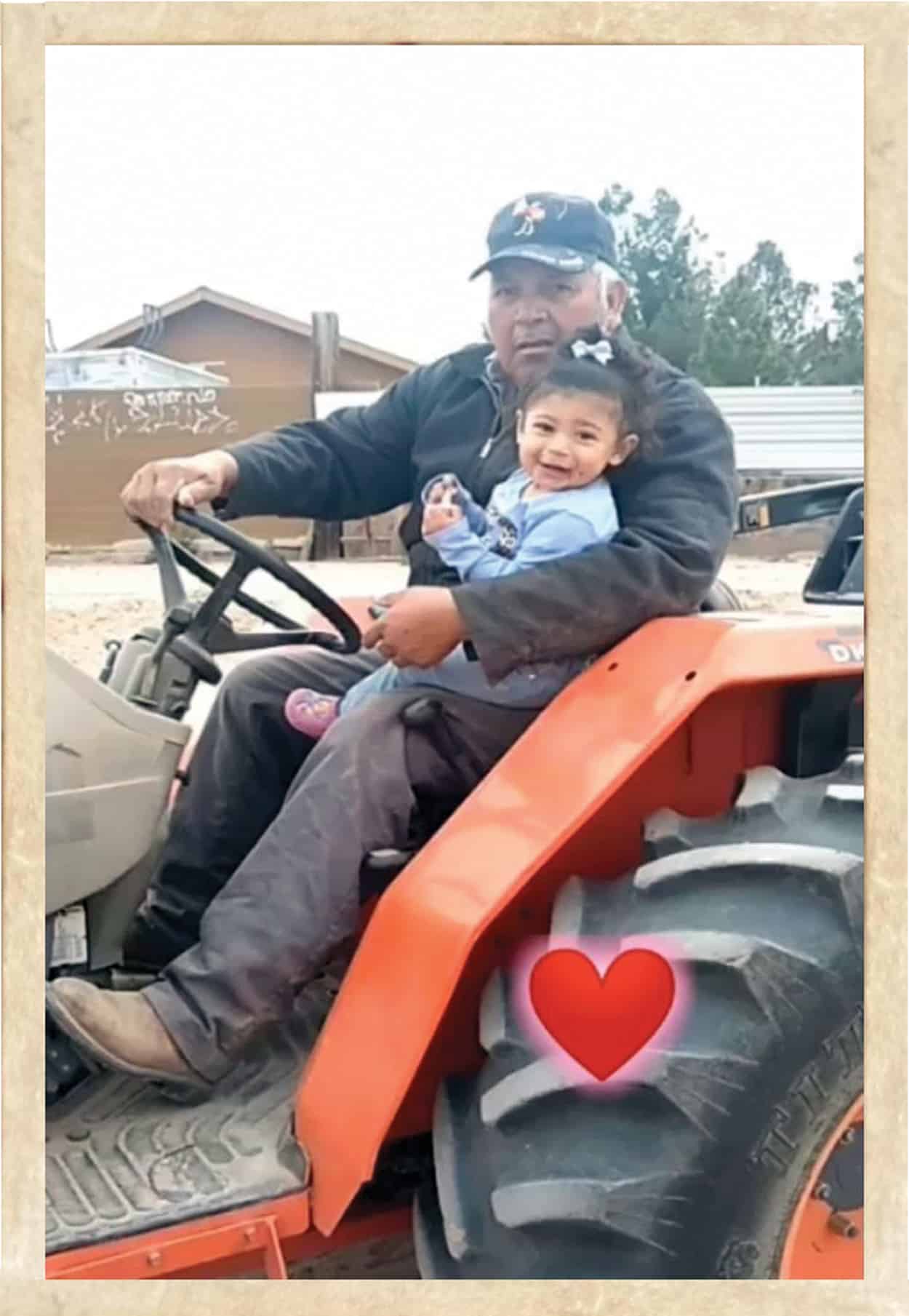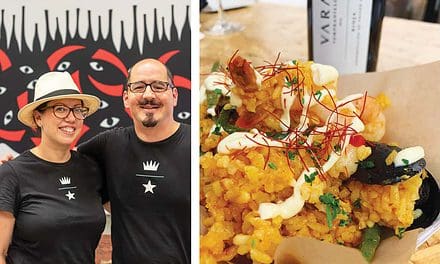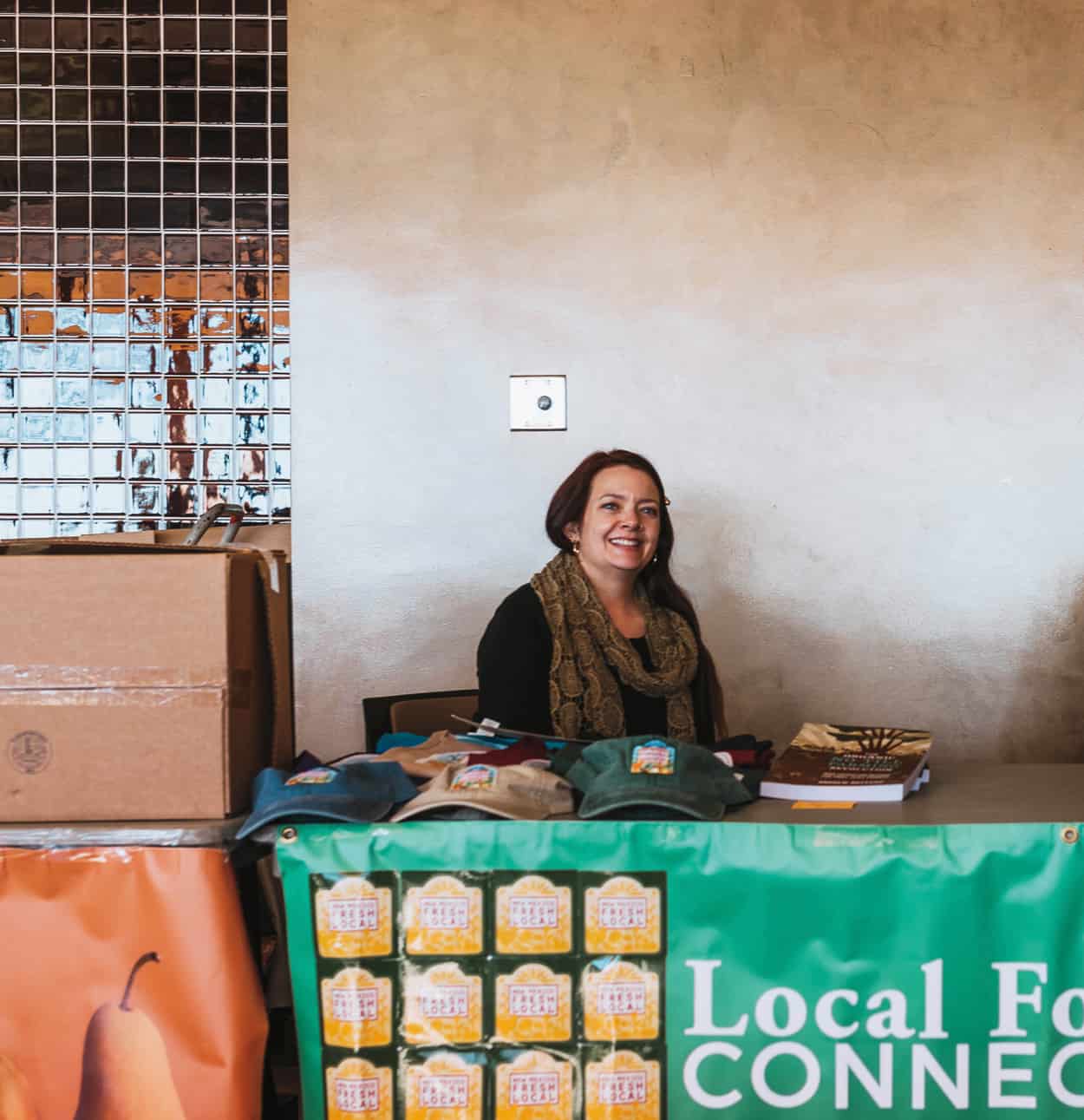Spotlight Award: Farmworker
By Shahid Mustafa

José García was born in Mexico and was raised in a family where they grew their own food. When he was seventeen, he migrated to the United States and worked first in the fields at Deerman Farms, a cotton and pecan farm in La Mesa. He helped plant the pecan trees. Then he went to the Cervantes chile farm in Vado, where he prepared the soil and planted the seeds. He dedicated his life to Cervantes for more than forty years. He prepared the soil, planted the seeds, and harvested green chile.
His daughter Corina recalls, “As a child, I remember my dad planting chile and cotton, anything with preparing the soil—from beginning to end. He loved what he did. I don’t ever remember my dad talking about doing anything but farming. That was his passion, working in the fields.” Over time, when Cervantes developed their new chile plant, José also became a semitruck driver of their chile sauce. The owners of the company loved him. He did everything for them.
García came to the United States because he wanted a better life for his wife, Genoveva, and something better for his kids. He was inspired, and he wanted more. Although he never became fluent in English, and he didn’t have a formal education in agriculture, he always seemed to figure things out. Corina believes that if he had been born here, “he would have been an engineer or something. He would fix everything.” The language barrier was perhaps why he never farmed his own land, but it was always clear that he treasured what he did. Agriculture was his art. He didn’t need to read a manual; he fixed things by figuring things out. He designed and built the house his family lived in. Anything that needed to be fixed, he did it—even automotive mechanics, he did it. Nothing was impossible. He never gave up. He was motivated by the challenge. He was an amazing man.
“As we got older,” Corina says, “I used to question him about his pay and benefits, but he didn’t care about that. He just loved what he did. José would wake up before sunrise and go to work to get an early start, not returning home until sunset. He was dedicated. If he started something, he had to finish it. He even worked on weekends during harvest season.”
García’s story mirrors that of many migrants and farmworkers. He was an integral part of the food chain; his work was essential, but people don’t necessarily see farmworkers and the result of their hard labor. Their wages don’t reflect the value that they bring to the community, but their effort, commitment, and dedication impact their families and the greater society in ways that are often unrecognized. They influence the people around them, and demonstrate that obstacles can be overcome through resilience.
On an agricultural laborer’s salary, José and Genoveva raised a household of nine children, becoming proud and loving grandparents of twenty-eight grandchildren. As Corina says, “I know my dad worked hard, and he gave all his life for us. I’m not ashamed to say that we grew up on a farm. We had what we needed. We didn’t know that we were poor, but we could see the difference between our family and others. He has very successful children who became professionals in the medical, education, and industrial fields. He left his family well taken care of.” She values all the hard work that her father did, and says it served as motivation for his kids to strive for more in life. In Corina’s words, “He was a role model for all of us. We believed that if he could do it, we can do it.”
José García passed away on December 15, 2020, after a more-than-month-long battle with COVID-19. His daughter Carolina, a nurse, was able to be with him during his hospitalization. As is the case with many dedicated essential workers, García’s legacy will continue to be honored by his family, but we all owe an immense amount of gratitude and appreciation to those who have sacrificed so much so that we may continue to survive and enjoy the benefits of their labor.


Shahid Mustafa
Shahid Mustafa owns and runs Taylor Hood Farms, practicing regenerative organic agriculture on more than three acres in El Paso, Texas, and offering a CSA with home delivery. Through his nonprofit organization DYGUP/Sustain (DYGUP stands for Developing Youth from the Ground Up), he has worked with the science department at Las Cruces High School to implement an environmental literacy curriculum and establish a one-acre plot where students receive credit for helping with all stages of vegetable production. With plans to become a certified organic farm and train a new generation of farmers, he hopes his efforts will be an inspiration for farmers to adopt the regenerative organic practice.












